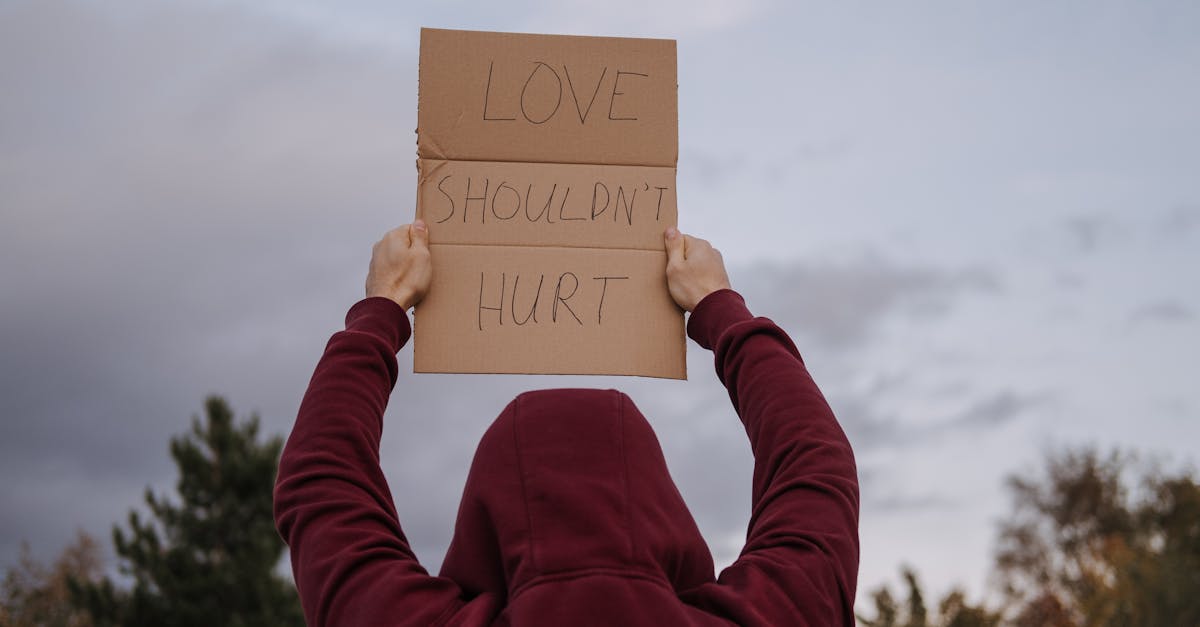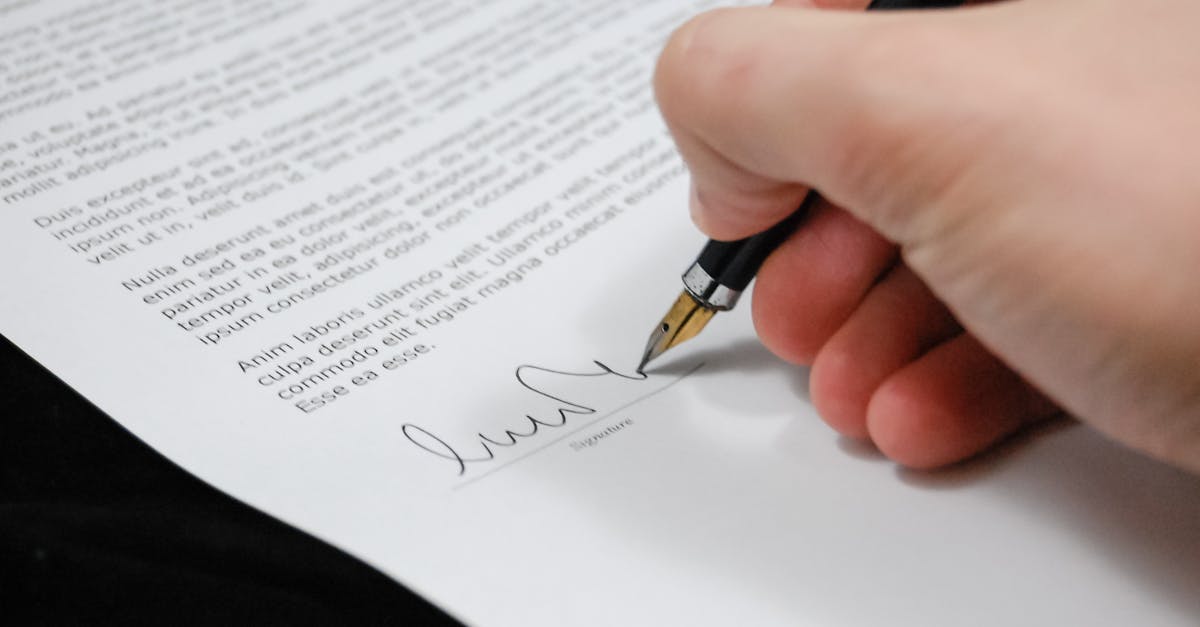Hawaii's vulnerable populations are facing a potential crisis as federal funding cuts begin to impact essential services. Programs aimed at assisting domestic violence survivors, including those providing targeted outreach to Native Hawaiian and Filipino communities, are among those facing significant reductions in resources. This situation poses a serious threat to the well-being of individuals and families across the islands.
Civil Beat's recent report highlights the impact of these cuts. The reduction in funding could lead to decreased services, reduced staffing, and diminished capacity for community outreach. These factors disproportionately affect already vulnerable groups, potentially leading to increased hardship and fewer opportunities for survivors to escape dangerous situations.
Several organizations are already feeling the strain. Hawaii Appleseed reported on how looming federal funding freezes are challenging community-based organizations (CBOs) striving to serve their communities under increasingly dire circumstances. YWCA Kaua'i's Ho'omana I Ka Lāhui program, which aimed to advance healing and well-being in Native Hawaiian, Pacific Islander, and Filipino communities, is an example of the kind of vital work at risk.
The potential consequences of these cuts extend beyond immediate support services for domestic violence victims. Reduced resources for social services can also affect the broader economy by potentially impacting the workforce, where survivors may face additional obstacles to employment and financial stability. The community must assess and advocate for policy changes to mitigate the harmful consequences.
Local leaders and community stakeholders are urged to monitor the situation closely, as addressed in a recent analysis by UH News. This proactive approach can help identify at-risk organizations and develop strategies to address the challenges posed by decreased federal funding.



